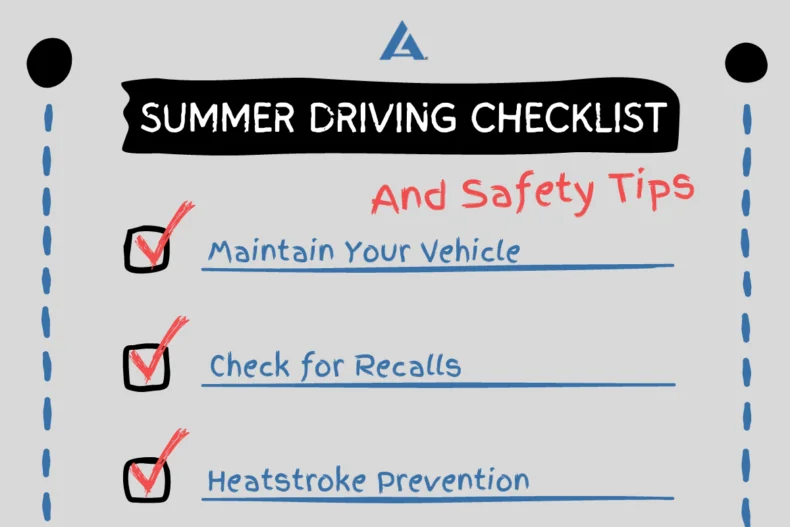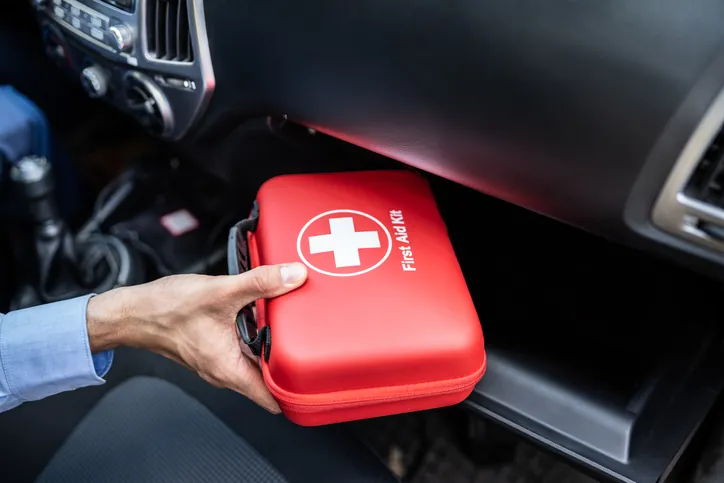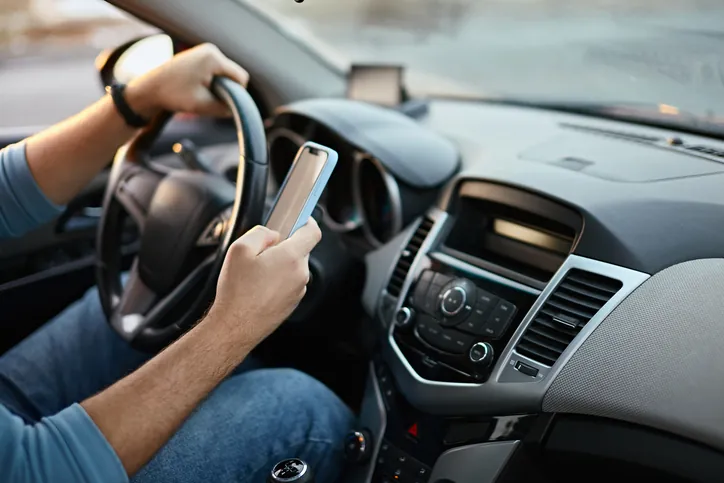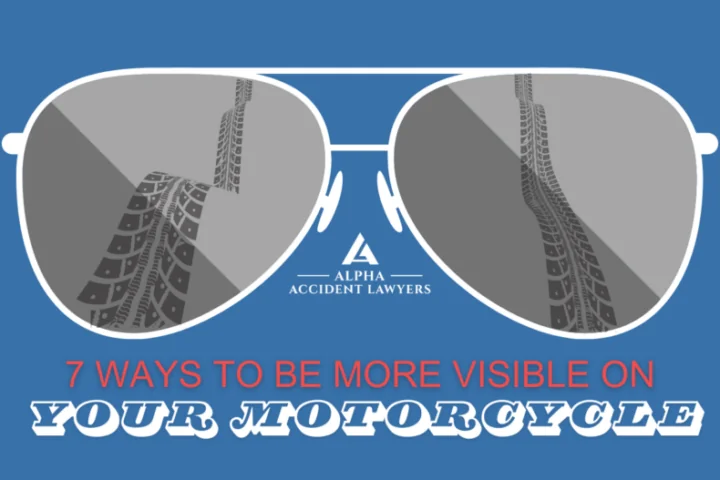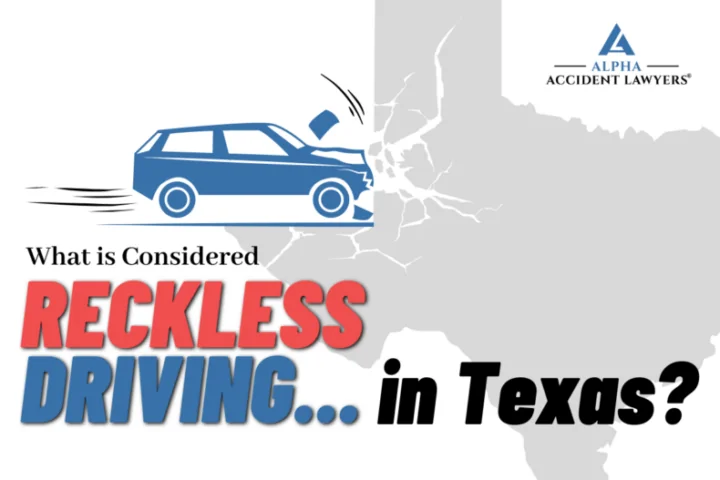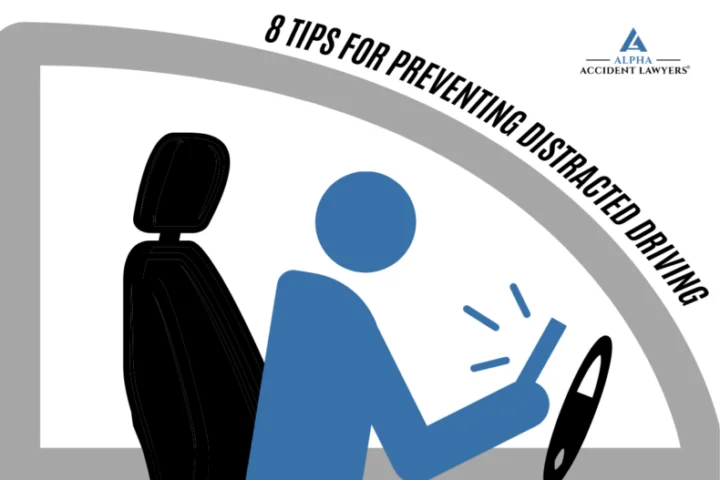9 Safety Tips for Summer Driving
Summertime means many more people will be out enjoying the warm weather, going on vacation, and taking road trips. According to a study by The Vacationer, 82% of Americans plan to travel this summer. Of 212 million adults, 196 million will take road trips, while 134 million plan to fly. Summer brings warmer weather and longer days, but it also brings unique challenges for drivers. Read on to learn essential summer driving safety tips.
1. Maintain Your Vehicle
It’s crucial to pay extra attention to your vehicle’s equipment maintenance. Extreme heat takes a significant toll on vehicles and their components, which can potentially lead to a breakdown or accident. High temperatures can increase the risk of tire blowouts and affect your vehicle’s braking ability, so it’s best not to push your vehicle past the limit.
It’s important to identify and understand your vehicle’s warning signs by checking your vehicle owner’s manual. When preparing your vehicle for the summer, be sure to check the following components to make sure they are in good working order:
- Air conditioning – Ensure your AC is functioning properly. Heat exhaustion can make drivers drowsy.
- Tires – Inspect your tires at least once a month and before long road trips. Check the tire pressure and ensure the tread is at least 2/32 of an inch or greater on all tires.
- Belts and hoses – Rubber parts degrade faster in high summer temperatures.
- Cooling system – Make sure that your vehicle’s cooling system has all the proper fluids. Low coolant makes it harder to drive in hot weather, and it will cause your engine to burn fuel more quickly.
- Fluid levels – Ensure all the proper fluids are maintained. Check the brake, transmission, power steering, and windshield washer fluid levels.
- Batteries – Hot temperatures can accelerate the onset of battery failure.
- Lights – Ensure your interior lights, headlights, brake lights, turn signals, and emergency flashers are working properly.
- Wiper blades – High temperatures can cause windshield wipers to wear out prematurely. Worn-out wiper blades can compromise visibility during summer showers.
2. Check for Recalls
Stay proactive about vehicle safety by checking for recalls regularly. Utilize resources like the National Highway Traffic Safety Administration’s (NHTSA) Recalls Look-up Tool to identify any recalls associated with your vehicle. Enter your license plate or vehicle identification number (VIN) into the tool.
Ensure your vehicle meets safety standards and do not delay necessary repairs. If your vehicle has been recalled, get a free repair.
3. Heatstroke Prevention
As temperatures rise during the summer months, so does the risk of heat stroke, particularly for children and pets. Heatstroke can occur in outdoor temperatures as low as 60 degrees. Never leave a child or pet unattended in a vehicle for any length of time. A child’s body temperature rises three to five times faster than an adult’s.
Check your entire vehicle before you lock the doors and walk away. If you see a child or pet alone in a locked car, call 911 immediately.
4. Pack an Emergency Roadside Kit
Prepare for unexpected roadside emergencies by assembling an emergency kit for your vehicle. Here are important items to pack in your emergency kit:
- Water
- Non-perishable snacks
- First-aid kit
- Sunscreen
- Jumper cables
- Phone chargers
- Flashlight
- Reflective warning signs to enhance visibility in low-light conditions
- Blanket
- Extra batteries
- Small tool kit (screwdriver set, pliers, wrenches, hammer, and a multi-tool)
- Lug wrench for tire changes
- Spare tire
- Tire sealant and gauge
- Map
5. Watch Out for Distracted Drivers
Distracted driving poses a significant risk on the road, especially during the summer when more people are out traveling. July and August are among the most dangerous months of the year for drivers. In 2022, distracted driving claimed the lives of 3,308 people.
Stay alert and avoid engaging in non-driving activities such as texting or talking on the phone. If you see another driver displaying erratic behavior, maintain a safe distance from the vehicle and report it to the local police.
6. Never Drive Impaired
Impaired driving is a leading cause of traffic fatalities across the United States. Each day, about 37 people are killed in drunk-driving crashes in the US. During the summer months, the daily average for drunk driving fatalities doubles. Alcohol and drugs can alter a person’s coordination, judgment, perception, and reaction time.
Drowsy driving is also a form of impaired driving that can severely impair your ability to operate a motor vehicle safely. Prioritize getting sufficient sleep before getting behind the wheel. You can combat fatigue by pulling over to a safe location and taking frequent breaks.
7. Pay Attention to Weather Forecasts
Summer weather patterns can be unpredictable, with sudden storms and heat waves posing potential hazards for drivers. Stay informed by regularly checking weather forecasts and be prepared to adjust accordingly.
If adverse weather conditions arise, such as heavy rain or extreme heat, exercise caution by slowing down and allowing extra time for travel. If the road is wet, reduce your speed by 5 to 10 mph. Consider postponing your trip if conditions are severe or pose a significant risk to your safety.
8. Wear Sunglasses
The sun’s glare can be intense during the summer. Wear sunglasses with UV protection or polarized sunglasses to reduce sun glare and minimize eye strain. Additionally, keep your windshield clean both inside and out to ensure optimal visibility.
9. Increase Your Following Distance
Maintain a safe following distance between your vehicle and the one in front of you, especially during summer driving conditions. Ensure you adjust your following distance based on road conditions, traffic flow, and the weather. Hot pavement can increase stopping distances. Follow the speed limit and leave ample space between vehicles to allow for safe braking.
Additionally, heavy traffic, construction zones, and vacationing drivers traveling in unfamiliar areas can cause more congestion and potential road hazards. Increasing your following distance will give you more time to react to sudden stops or dangers on the road.
We Are Award-Winning Car Accident Lawyers
In the unfortunate event of an accident, it’s essential to consult an experienced car accident lawyer to ensure your rights are protected. At Alpha Accident Lawyers, we are dedicated to helping injured victims recover fair compensation for their medical expenses, lost wages, and pain and suffering.
Our award-winning team of personal injury attorneys will guide you through the claims process and advocate on your behalf to obtain the compensation you deserve. Call us today to schedule a free consultation.
